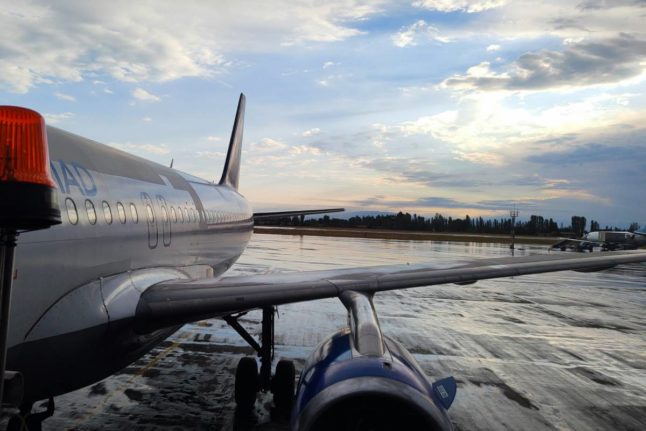Some 3,500 workers represented by the Federation of Norwegian Professional Associations (Akademikerne) and the Confederation of Unions for Professionals (Unio) are on strike after talks with the state broke down.
The strike was due to unionised workers failing to agree on a collective bargaining deal with the state. Unions and employers negotiate collective bargaining deals yearly, with the public sector negotiating after the private sector is mostly wrapped up.
This year’s talks concern the entire collective bargaining agreement, not just wages. Four unions have been locked in talks with the government.
The branch of the Norwegian Confederation of Trade Unions (LO), which represents state employees, and the Confederation of Vocational Unions (YS) managed to agree on a deal with the state.
However, the talks between the state, the Federation of Norwegian Professional Associations and the Confederation of Unions for Professionals broke down.
There were numerous reasons for the collapse. A disagreement on how the collective bargaining agreement would be structured was reported by broadcaster TV 2 as one of the key reasons for the breakdown.
The state wanted to have all four unions covered by the same agreement, something which the unions on strike did not want.
Other factors, such as the general wage increase, contributed to the breakdown, as did unions’ feeling that the terms offered by the government would leave the education sector behind.
The strike being about more than just wages could mean the conflict is unlikely to see a quick resolution.
“This is about more fundamental questions. Previous strikes have often been linked to wanting a little more money on the table, as in the last major strike in 2021,” Kristine Nergaard, from the Fafo Research Foundation, told broadcaster TV 2.
“It is easier to agree to put on a few kroner (into the deal) than (change) the collective agreement structure and what is perceived by all parties as questions of principle. This is a more difficult conflict than a conflict that concerns a salary supplement,” she added.
As the strike persists, more workers will be taken out on strike, resulting in increased disruption from the strike action.
Åsmund Arup Seip from the Fafo Research Foundation told TV 2 that the two parties could be forced to what’s known as a compulsory wage board.
“It is a very difficult situation, and it does not appear that the parties have found a solution in mediation. Then it is difficult to believe that they can find a solution in negotiations during a strike,” he said.
A forced wage board occurs when the authorities intervene and prevent any further escalations of the strike. The National Salary Board, a state entity that determines the terms of a collective bargaining agreement, decides on a resolution to the conflict.
Typically, strikes aren’t referred to the compulsory wage board in Norway unless there is a threat to public health. Still, the measure has been used before to break up teachers’ strikes and strikes in the oil sector.



 Please whitelist us to continue reading.
Please whitelist us to continue reading.
Member comments